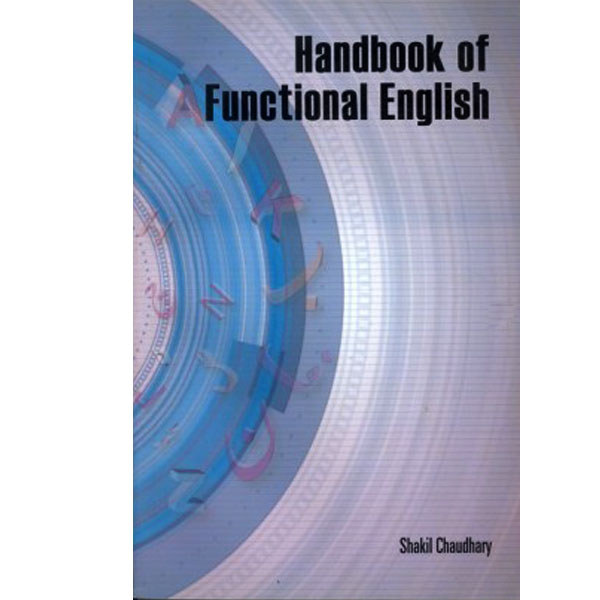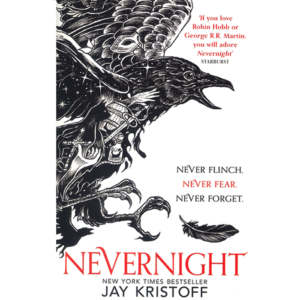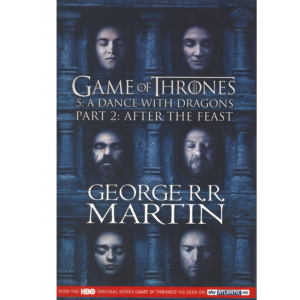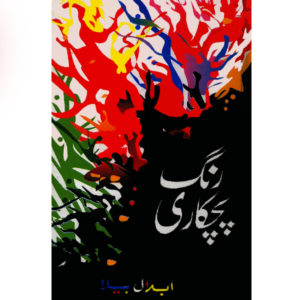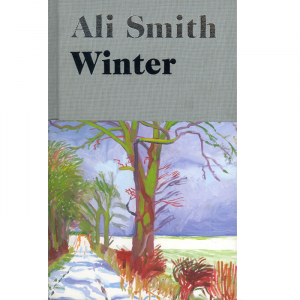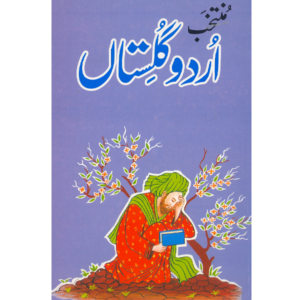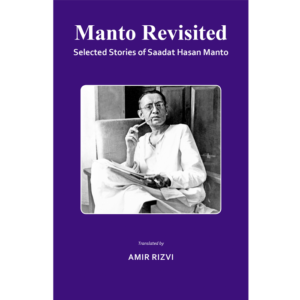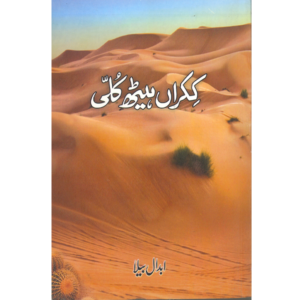English is truly the first global lingua franca. It is the most widely used language in the world, with official or special status in at least 75 countries. It is the chosen language of intemational communication. More than two-thirds of the world’s scientists read and publish in it. About 80% of the worldls electronically-stored information is in it.Unfortunately, for most of our students it has long been a nightmare. They consider its study a cruel imposition and routinely fail their English examinations. The reason is that generally it is not taught as a living language. No comprehensive effort has been made to write interesting and useful textbooks, keeping the needs of students in mind. As such, I would like to make a suggestion here. I think the teaching of English can be made more interesting and worthwhile if at least 20% of marks in all English examinations are allocated to speaking skills.I have not written this book while sitting in an ivory tower. I have discussed its contents with students, ordinary people and professionals, seeking their ideas to make it truly helpful I hope it would. be useful for everybody-starting from college students to professionals. Among professionals, I think teachers, lawyers and journalists will find it particularly helpful.The idea of writing this book occurred to me while I was a student at Government College, Latrore. I, started working on it in 1992, when I worked for The News in Lahore. I never realized that it would take so long. The book started taking a concrete shape in 2008. However, I have been constantly expanding, revising and improving it.It is not a traditional English-teaching guide I can say with a Cilegree of confidence thaf it is a book with’ a difference: I am saying this because I have seen many Pakistani’ and Indiarl’books, written on this. subject. Most of these books have been written by anonymous or fictitious authors with Iiinited direct exp.osure: to English as spoken by native speakers. They are written with little, care and attention.Unlike other books, this one does not teach English in a sterile: way:. It offers alot Gf information about so many subjects. So it has chapters and sub-chapters’ on sub.jects like diplomacy,. education, g’~neral knowledge, history, human rights, international relations, law, literatlllre, media, politics,. religjon and travel.It seeks to encourage critical thinking skills by enabling the reader, to take a critical view of the narratives victimhood and self-righteousness. The concept of critical thinking skills is alien to our education system. Instead, it promotes the marratives of victim hood and self-righteousness.Why did I decide to write this book? The answer is simple. I learnt this language tHe hard way. (In fact, I am still learning it.) So I thought I owed it to those who had’ a passion for it and were learning it the hard way.In addition to dictionaries, books, nO.vels, magazines and newspapers, I have relied heavily on Google. So I would. advise the readers to make- the most of this wonderful resource. Wikipedia and the Free Dictionary are also helpful web-based resources. In addition to dictionaries such as Oxford Advanced Learner’s Dictionary ,Longmen Dictionary of Contemporay English, Cambridge Advanced Leamer’s Dictionary and merriam-Webster’s Learner’s Dictionary ,these are some of the good resources.
Handbook of Functional English
Availability:
91 In stock
₨ 795
Number of Pages:360Pages
Binding :Paper Back
In stock

